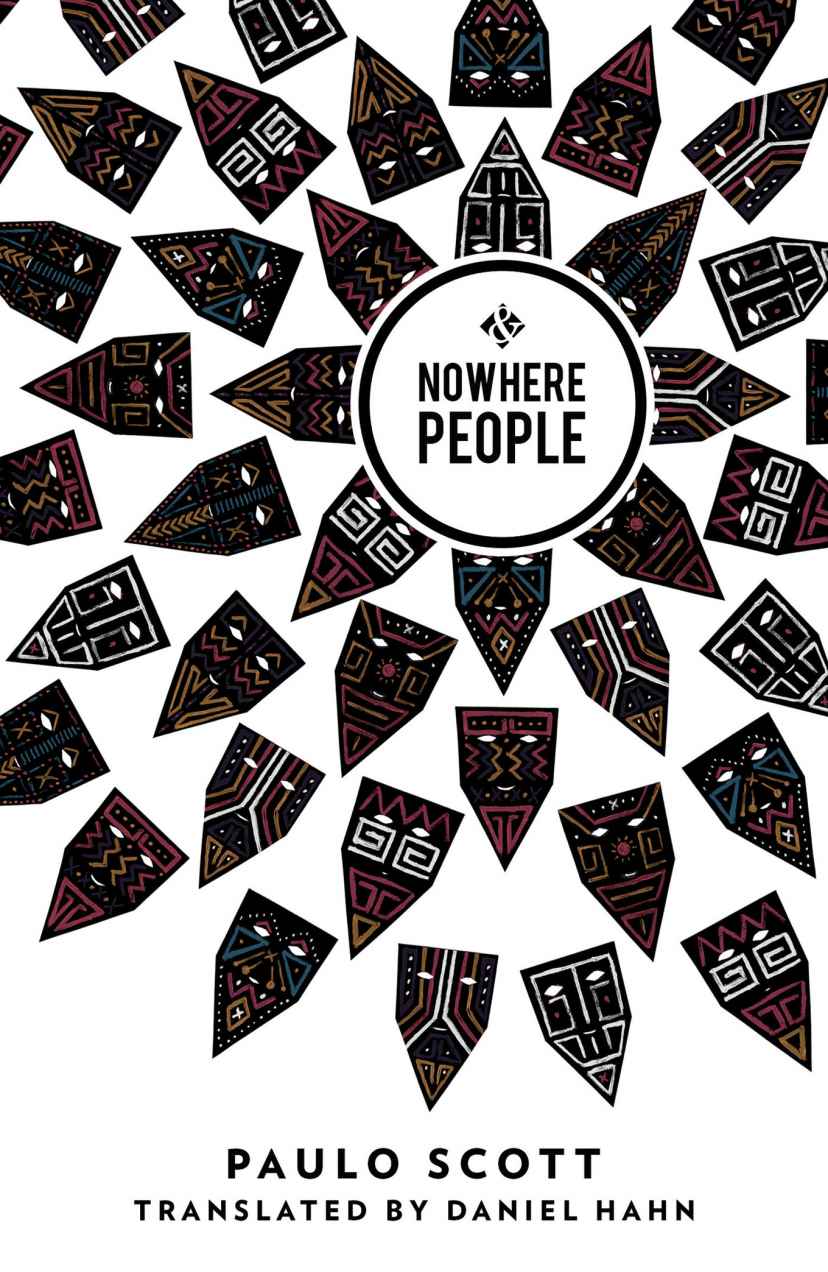
Nowhere People
فرمت کتاب
ebook
تاریخ انتشار
2014
نویسنده
Emma Hollyنویسنده
Kenneth D. Boaنویسنده
Paulo Scottشابک
9781908276391
کتاب های مرتبط
- اطلاعات
- نقد و بررسی
- دیدگاه کاربران
نقد و بررسی

October 13, 2014
This rheumy novel in translation delivers a stark portrait of Scott's native Brazil post-military rule, populated by burdened characters resorting to desperate measures under oppressive circumstances. The impassioned narrative is divided into four connected but self-contained sections, each roughly focusing on a different character's development. In the first, 21-year-old Workers' Party activist and law student Paulo picks up a 14-year-old Guarani Indian girl living in an encampment on the side of the highway. In his misguided efforts to improve her lot, he falls too hard too fast, mistaking charity for love. By the third segment, rebuffed by MaÃna, he's abandoned his studies and moved to London to take up squatting and pilfering from the rich and she's hung herself from a tree, leaving their mixed-race son Donato (whom Paulo doesn't know about) in the care of two visiting middle-class intellectuals studying the effects of modern life on Rio Grande do Sul's native population. The thread containing Donato's transformation from out-of-place adolescent to ardent champion of indigenous rights hoping to reclaim his heritage carries the most weight and brings the multi-layered story full circle. Skillfully highlighting the nuanced history of political, racial, and social inequality in Brazilian society, Scott represents an important voice in contemporary Latin American literature.

August 15, 2014
Clueless student radicals, indigenous Brazilian Indians and the Internet find an uneasy mix within a novel that seems to serve as a political allegory.During the first third of the novel, the protagonist seems to be a young law student and activist named Paulo, who shares some background with the author as well as his first name. Then he disappears from the bulk of the novel, and from Brazil, except for occasional interruptions from his new place in England, before he returns home in the final pages. He operates out of a "contagious inertia, a blind freedom that needed to be exercised urgently." As for the political commitment of Paulo and his fellow club-hopping hipsters, it finds expression in an adage they hear at a rally: "To bring about a revolution in the world we have to bring about a revolution in ourselves. It sounds naive, I know." Propelling the plot is a chance encounter between the increasingly disillusioned Paulo, who considers abandoning both his studies and his politics, and a young Indian girl with whom he develops an age-inappropriate relationship, which results in her pregnancy and his disappearance. "I'm not even sure how to describe a cretin who gets a fifteen-year-old Indian girl pregnant then vanishes into thin air," says one of the multiple narrators. The boy who results from that pregnancy-offering a thematic embodiment of the complex relationship between upper-middle-class politics and impoverished, indigenous culture-dominates the novel's second half, emerging as an unlikely Internet performance artist and viral sensation. By the time the novel's final few pages attempt to tie these various strands together, the writer's ambition has exceeded his accomplishment.
COPYRIGHT(2014) Kirkus Reviews, ALL RIGHTS RESERVED.

December 1, 2014
Overstressed Brazilian law student Paulo is driving down the BR-116 when he spots a Guarani Indian girl by the roadside, soaked through in the rain. He picks her up, determines that she is only 14, then finds that she's unwilling to get out at her roadside indigenous camp, instead begging a ride to the city. As he takes her along, trying to protect her, their uneasy relationship reflects core social tensions in Brazil. Upcoming Brazilian author Scott writes with assured power, offering a local story with universal resonance.
Copyright 2014 Library Journal, LLC Used with permission.

























دیدگاه کاربران